On the morning of October 18 in Hanoi, the Copyright Office of the Ministry of Culture, Sports and Tourism (MCST) organized a workshop on copyright in teaching and scientific research activities. The workshop took place in both live and online formats.
Speaking at the opening of the workshop, Deputy Director of the Copyright Office (Ministry of Culture, Sports and Tourism) Pham Thi Kim Oanh affirmed that intellectual property rights in general, copyright and related rights in particular, have been playing an important role in the development of knowledge economy and international economic integration.
The issue of copyright and related rights protection is increasingly focused on by countries and is raised at most international economic forums. Effective protection of copyright and related rights in the country will encourage creative activities, create a safe investment environment to attract investors; contribute to the economic, cultural and social development of the country.
According to Ms. Pham Thi Kim Oanh, in recent years, the protection of copyright and related rights has received special attention from our Party and State. The State manages the protection of copyright and related rights through various management tools, of which the law is considered the most important management tool.

Vietnam has been proactively and actively integrating into the international community, including the field of copyright and related rights. Up to now, Vietnam has participated in 8 out of 9 multilateral international treaties on copyright and related rights; negotiated and signed 2 bilateral agreements and 17 bilateral and multilateral economic and free trade agreements with different countries and economic regions in the world with content on copyright and related rights.
Signing and participating in international treaties and trade agreements has put Vietnam on an equal footing, with mutual benefits, with countries with developed copyright industries. At the same time, it has brought challenges that Vietnam must overcome when implementing its integration commitments.
Therefore, the workshop is an opportunity for the Copyright Office to grasp the current situation, receive comments and recommendations from experts in the fields of education, training and science. From there, the Office has a basis for research and advice to competent authorities to continue to improve legal policies on copyright and related rights in general, and in teaching and scientific research activities in particular.
The workshop received 16 presentations from experts and scientists from universities, research organizations, companies and law firms operating in the field of copyright and related rights. The presentations focused on clarifying the current situation and proposing many solutions to improve the law and measures to implement legal regulations on exceptions to copyright infringement in general, in teaching and scientific research activities in particular; the management and exploitation of intellectual property in educational, training and scientific research institutions.
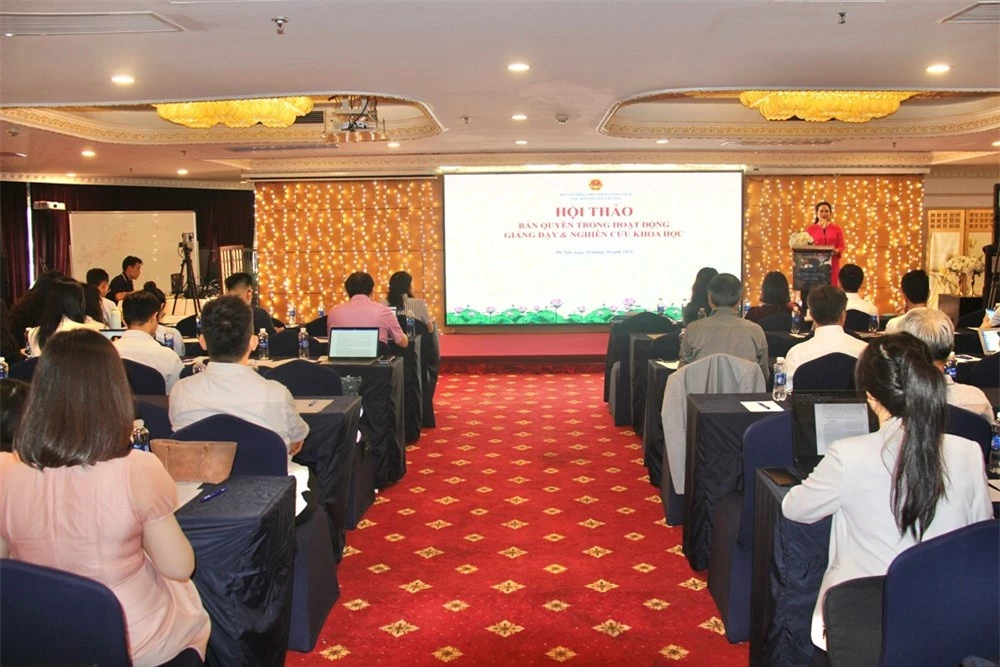
The groups of issues were discussed to deepen and propose and recommend many solutions to improve the law on copyright and related rights in the current new context, including: Current status of legal regulations, implementation of legal regulations on non-infringement of copyright exceptions, focusing on some contents in teaching and scientific research activities; identification of intellectual property in universities and research institutes, current status of management, exploitation and protection of copyright and related rights assets at educational, training and scientific research institutions; international experience on copyright and related rights laws and from practical cases related to the application of regulations on non-infringement of copyright exceptions.
In addition, experts also frankly pointed out a number of difficulties, obstacles and inadequacies in legal regulations on non-infringement exceptions to copyright and in the process of implementation in practice; proposed directions, solutions and recommendations to continue perfecting legal regulations on non-infringement exceptions to copyright; and enhanced capacity to manage and exploit copyright assets and related rights in educational, training and scientific research institutions.
According to Intellectual Property and Innovation
Source: https://doanhnghiepvn.vn/cong-nghe/bao-ve-ban-quyen-trong-hoat-dong-giang-day-va-nghien-cuu-khoa-hoc/20241018091542516








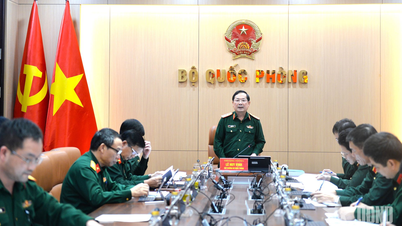


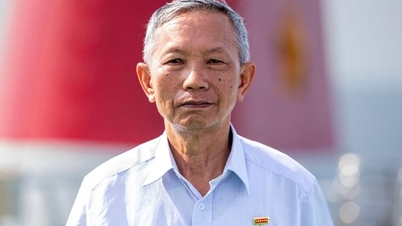

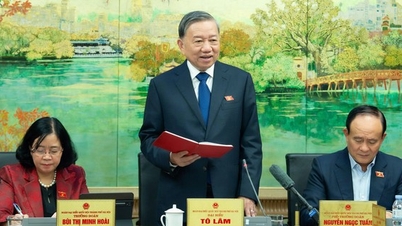

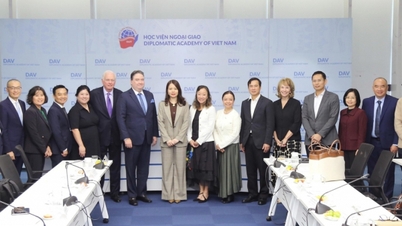










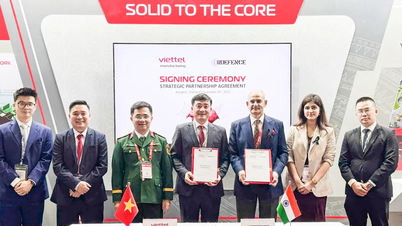









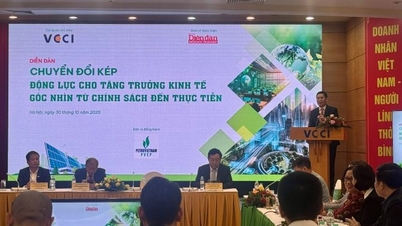

![[Photo] Prime Minister Pham Minh Chinh attends the annual Vietnam Business Forum](https://vphoto.vietnam.vn/thumb/1200x675/vietnam/resource/IMAGE/2025/11/10/1762780307172_dsc-1710-jpg.webp)

















































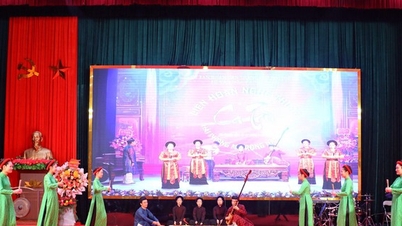













![Dong Nai OCOP transformation: [Article 4] Reaching national standard products](https://vphoto.vietnam.vn/thumb/402x226/vietnam/resource/IMAGE/2025/11/11/1762825820379_4702-cac-san-pham-trai-cay-chung-nhan-ocop-nongnghiep-174649.jpeg)



![Dong Nai OCOP transition: [Article 3] Linking tourism with OCOP product consumption](https://vphoto.vietnam.vn/thumb/402x226/vietnam/resource/IMAGE/2025/11/10/1762739199309_1324-2740-7_n-162543_981.jpeg)







Comment (0)